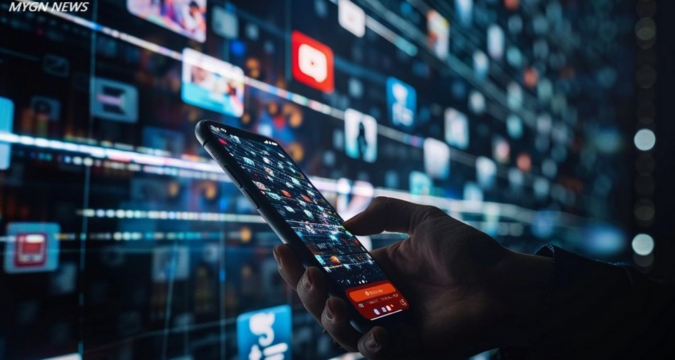
Our habits, particularly those that become addictive, significantly impact society. Smoking was once a major health concern, prompting authorities to issue explicit warnings from surgeons to change societal behavior.
The obesity epidemic led to the labeling of sugar as the new smoking. Today, society is beginning to understand the effects of social media addiction and fruit machine algorithms, which keep users scrolling on their smartphones.
Teenagers spend up to 35 hours a week on social media, and the UK reports a 53% increase in children’s mental health referrals in recent years. This raises the question of whether society should be warned about the dangers of their digital diet.
Electronic Smoking? Why Social Media Warning Labels Are Wanted by Experts
Dr. Vivek Murthy suggests that social media is contributing to the mental health crisis among young people and suggests Congress introduce warning labels similar to smoking, despite tobacco studies showing their effectiveness in raising awareness and changing behavior.
Murthy argues for a surgeon general’s warning label on social media platforms, stating that it is linked to significant mental health risks for adolescents and requiring congressional action to remind teenagers and parents that social networking is unsafe.
Conflicting Data on Social Media and Adolescent Mental Health
Silicon Valley’s obsession with fast-paced innovation has led to the rise of social media platforms like Facebook, which shared psychological insights on young people with advertisers, leading to the current state of social media. This suggests that the rapid pace of change and rapid advancements have contributed to our current state.
The debate on social media’s impact on teenagers is complex, with conflicting research. Evidence often supports one side of the argument, such as heavy social media use and mental health issues in teenagers. However, contradicting research suggests no link between technology and mental health problems in teenagers.
Studies suggest that teenagers who spend time online talking to their offline friends can improve their well-being, based on the age-old advice of “everything in moderation” rather than sensationalist government health warnings.
The Final Word
Social media and smoking share striking similarities, both being widely accepted societal habits before their negative impacts became apparent. Social media influencers and highlight reels of perfect Instagram life offer a shiny allure for young users.
Social media has many advantages, including social networking, education, and the ability to support social movements, even if it has the same potential to cause addiction as nicotine.
The solution to technology’s negative impact is to strike a balance between responsible use and education, promoting a healthier relationship with technology rather than focusing solely on its negative aspects.